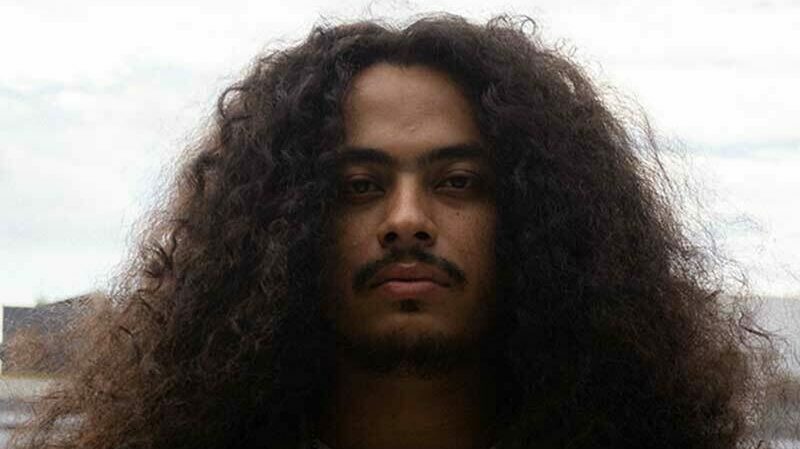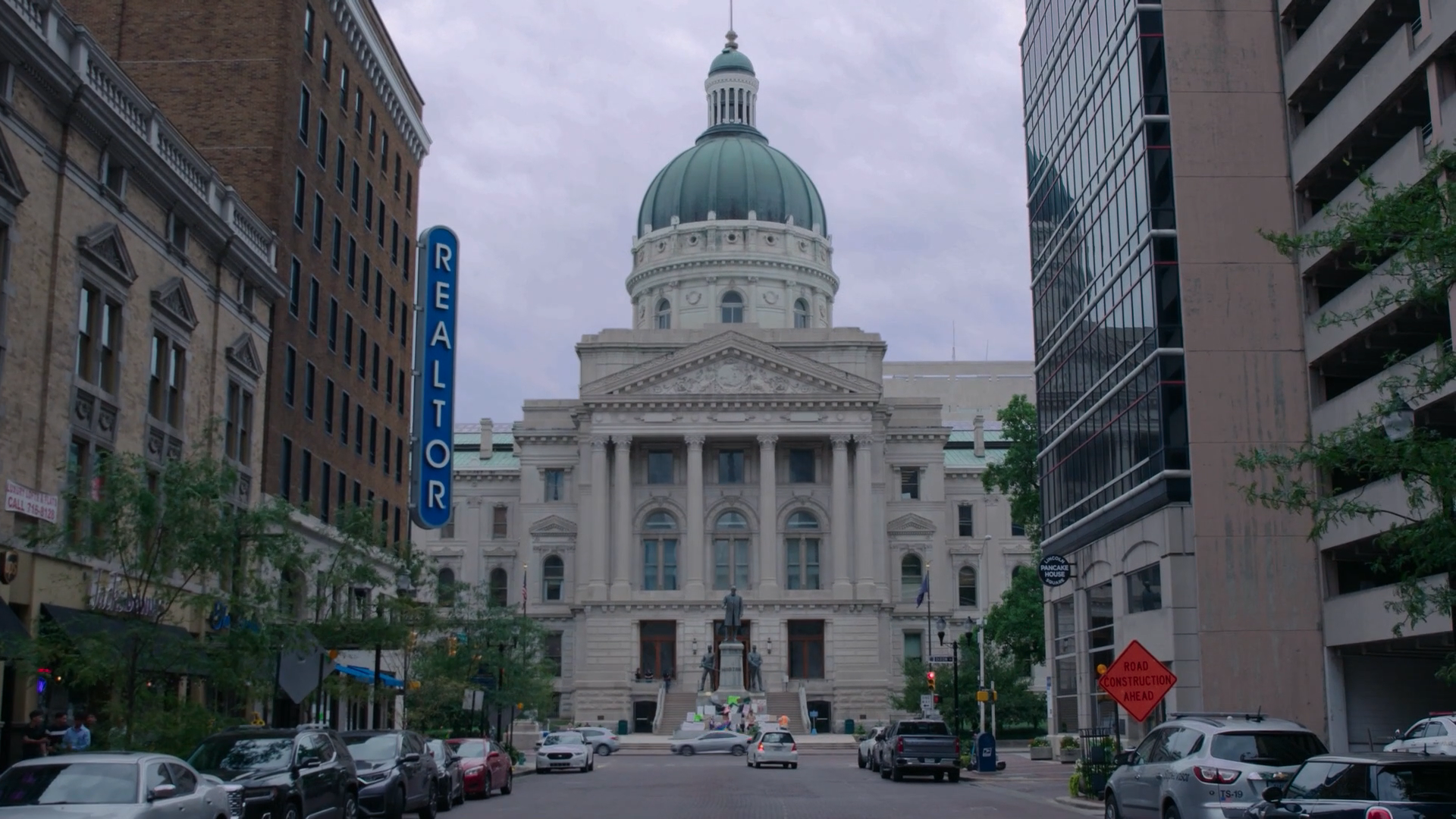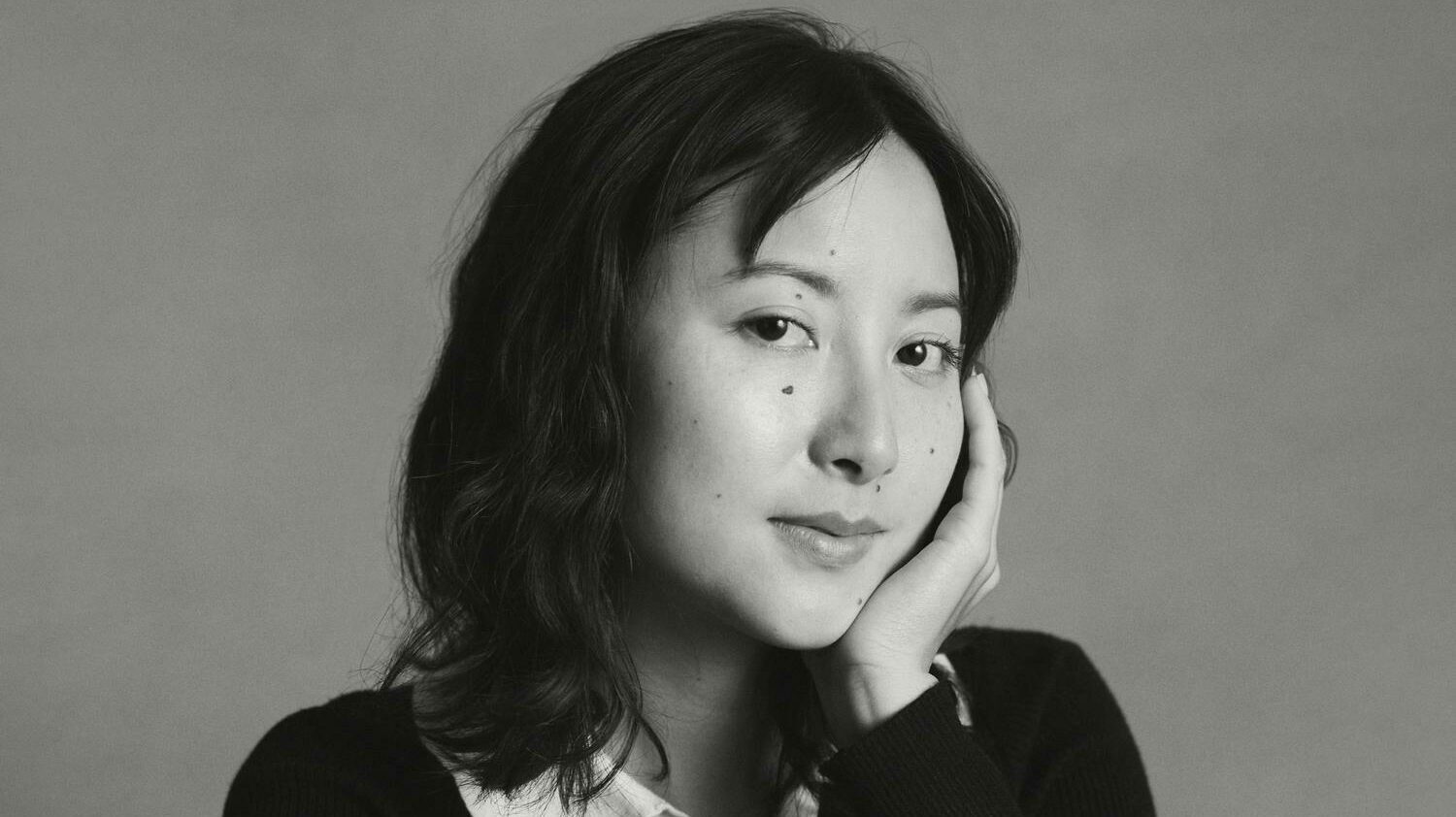Filmmaker Q&A with 'Plum Town' Director, Kelly Yu

Jonathan Nickens: Can you tell us about the inspiration or backstory for Plum Town? Is your film based on any real-life characters or experiences?
Kelly Yu: My father comes from generations of wheat farmers in the rural Chinese countryside, but he is the only one in his family to have left the village, gone to college, and paved a life for himself in America. Because of that, I grew up never really knowing that side of my family. When I visited my dad's hometown for the first time in 2012, I struggled to connect with my grandfather and my relatives. I was unaccustomed to the living conditions, their regional dialect, and their simple way of life. All I could do was watch them wake up at 5 a.m. every morning to go work in the fields, desperately wanting to go back to America. However, when I visited them again in 2019 after graduating high school, I realized I wasn't the only one that had changed. My relatives still got up every morning to go to work, but now, they weren't going to farm anymore. They were going to work in a factory.
A few years ago, they sold their farmland to a land developer, who built a factory on the land and employed them to work in it. Even though this was happening to rural communities all over China in a nation-wide attempt to raise the poverty line and increase quality of life for farmers, I couldn't help feeling a profound sense of loss. I remember going on a walk one day with my grandfather and asking him if he regretted the sale. He pointed at a swatch of wild plum trees on the side of the road and said, "these trees were planted by my grandfather, and are the only thing that I can still recognize from the past.” He never really answered my question, but that day marked a pivotal coming-of-age moment for me. Not only did I share a moment of connection with my grandfather while we spent the day picking plums and eating them together, but it raised a question that would go on to inform and influence my work to come: "How can we preserve tradition, while embracing change to survive?"
I’m not sure what the right answer is, or if it’s as black and white as choosing one or the other. What I do know is that my grandfather is an incredibly stubborn man. He is one of the only few people left in his village, choosing to live out his days alone in a thatched hut watching old reality shows on a dusty boxed TV rather than move to the city like everyone else. My dad is also a quiet, stoic man who would rather sit in silence than talk about his feelings — However, throughout the years, I catch glimpses of the guilt he shoulders over having been the one who left first. "Plum Town" is my attempt at trying to understand them, while reconciling with the realization that we would be nowhere without the people, places, and memories that have made us who we are today.
Jonathan: As an independent filmmaker, what were some of the unique challenges you faced in creating this film? How did you overcome them?
Kelly: One of the biggest challenges was raising the money. Having never directed anything on this scale before, my team and I launched a crowdfunding campaign to raise the $20,000 we needed to bring the world and the story to life. I was always told by others that crowdfunding is like having a full time job, but nothing prepared me for all the work and outreach that would go into raising each dollar. We built a large community online with supporters from all around the world cheering us on and following the journey of the film from production, to post, to our festival circuit, and that really reminded me of the joys of independent filmmaking.
Another challenge we faced was not being able to shoot in China due to budget limitations and COVID. The film is set in the rural Chinese countryside, but our only option was to shoot in LA. Luckily, I had an amazing production designer, Yudi Zhang, who was able to transform my producer's Silverlake duplex into my grandfather's home. It took a village of so many creative and talented people, and I was reminded of the quote "Limitation is the mother of creativity." Sometimes it's not about having the most money and the most resources to bring something to life. Having to think outside the box, get scrappy, and make the most out of the resources given lends itself to a richer and more rewarding creative process.
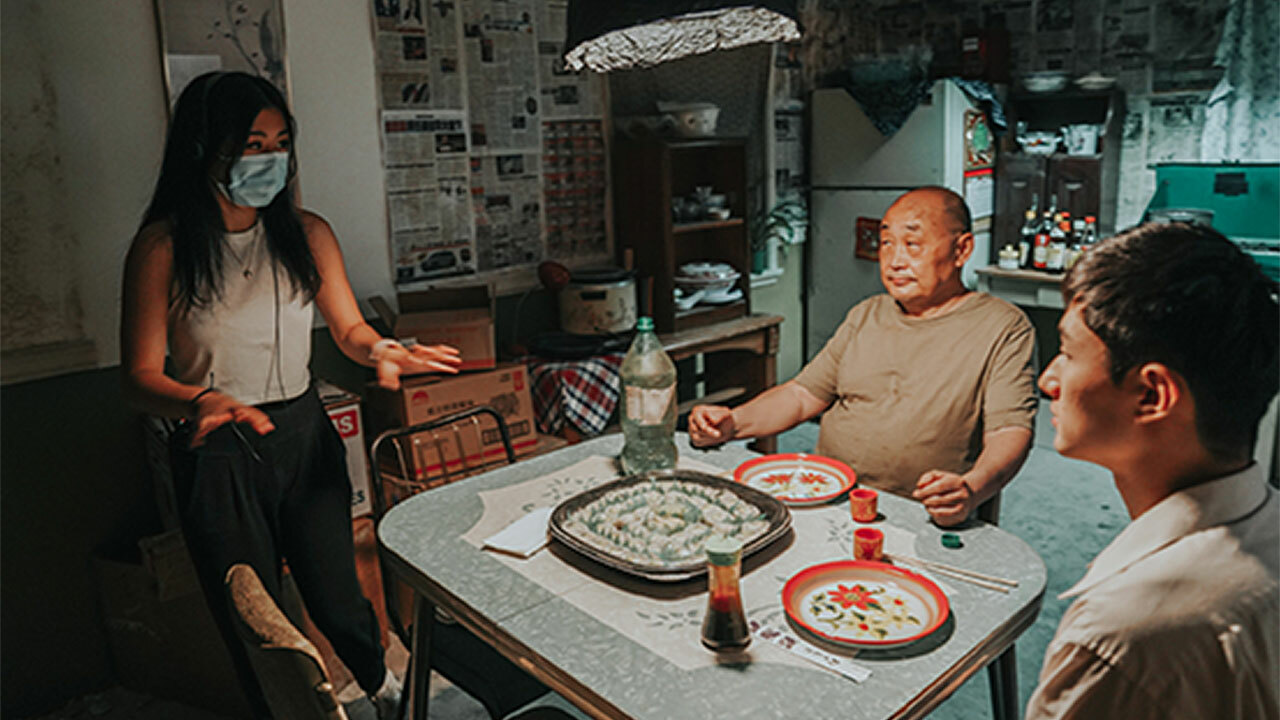
Jonathan: What do you want audiences to take away from "Plum Town"? In other words, what lasting messages are you trying to send to viewers in your film?
Kelly: As long as I can remember, all I ever wanted was to leave my hometown, pave my way in the world, and become "bigger" than where I came from. However, my trip to China opened my eyes up to the realization that no matter how "self-made" we think we are, we wouldn't be anywhere without the sacrifices that our parents, and the people that have come before us, have made for us. I hope the film serves as a reminder to be thankful to those who have made us who we are, and helped us get to where we are today.
Jonathan: If you could give any independent filmmakers one piece of advice, what would it be?
Kelly: Never take no for an answer! Instead of waiting for opportunities to come to you, create your own opportunities. Whether that's through writing the stories you want to tell, crowdfunding for the movie you want to make, or finding the collaborators you want to work with, there's never been a "right" or "wrong" method for achieving success.
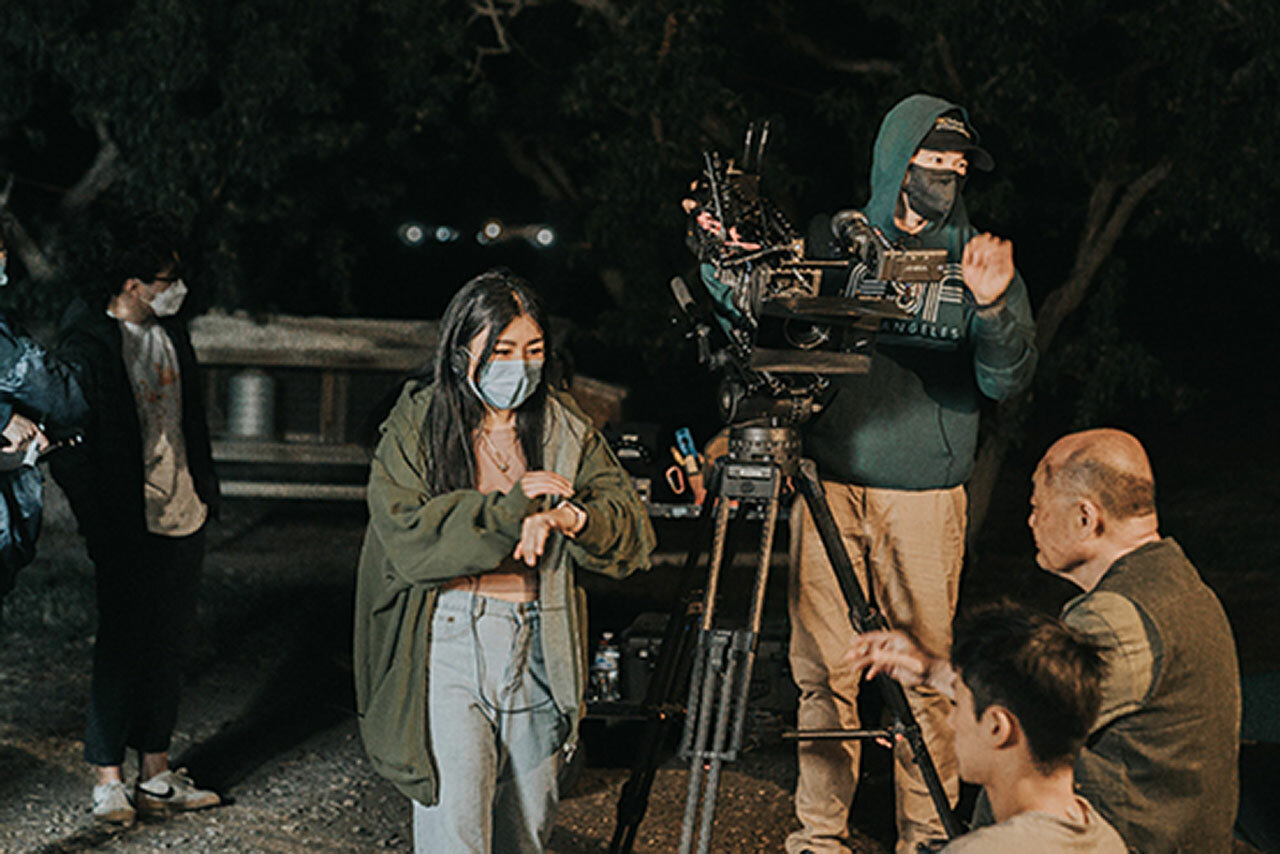
Jonathan: Any last comments you would like to add?
Kelly: I wouldn't be the person I am today if I had not grown up in New Orleans. The city has an unexplainable spirit -- a heart and a soul that no other city I've been to has. Although I call Los Angeles home now, and the film projects I work on are getting bigger and bigger, the years I spent as a teenager running around the city with my camera are what made me fall in love with independent filmmaking. I never want to forget that feeling.
Jonathan: How can the public follow your future projects or contact you about your filmmaking? Do you all have websites or professional social media where the public can view your works?
Kelly: You can follow me on Instagram, or visit me at my website. For any professional inquiries, you can reach out to my manager Aaron Folbe.
Plum Town
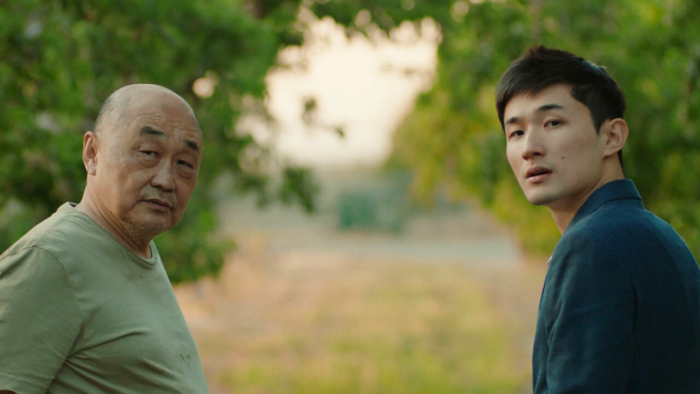
About the Author
More like this
Visit the Behind The Lens Blog